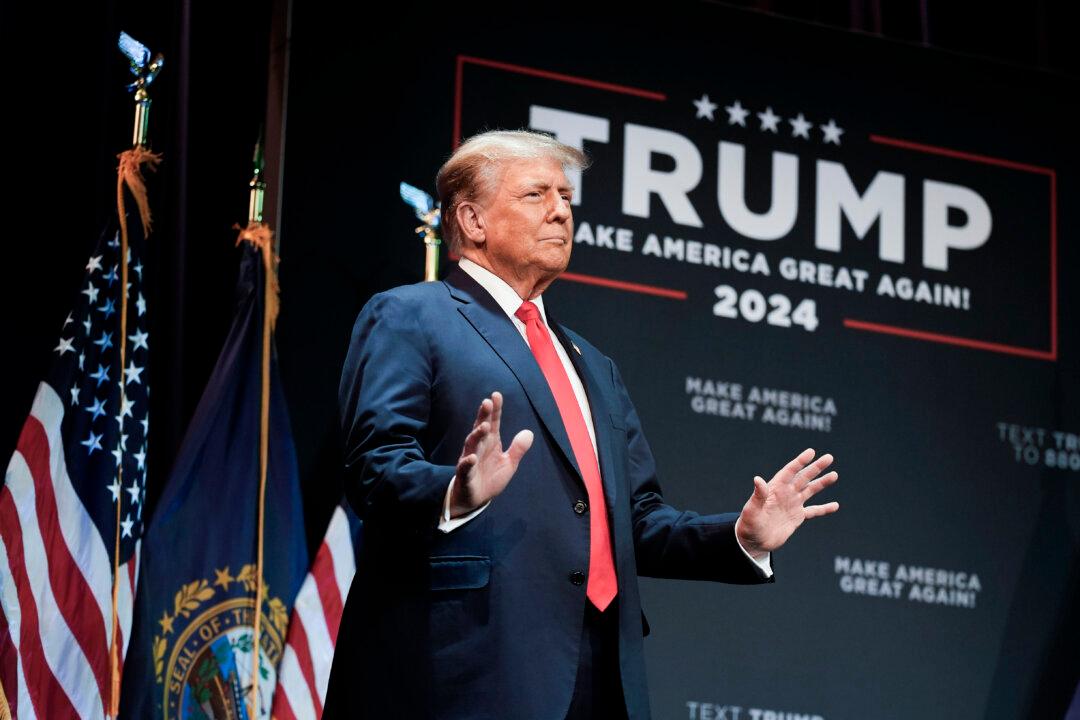A federal judge in New Hampshire has ruled against an effort to block former President Donald Trump from the state’s ballots, coming just before the state holds its Republican primary.
The ruling, posted by Republican lawyer and former California GOP Chairwoman Harmeet Dhillon, was handed down on Jan. 19 by U.S. District Judge Samantha D. Elliott against long shot Republican presidential candidate John Anthony Castro, a Texas resident who filed similarly rejected cases in other states.





